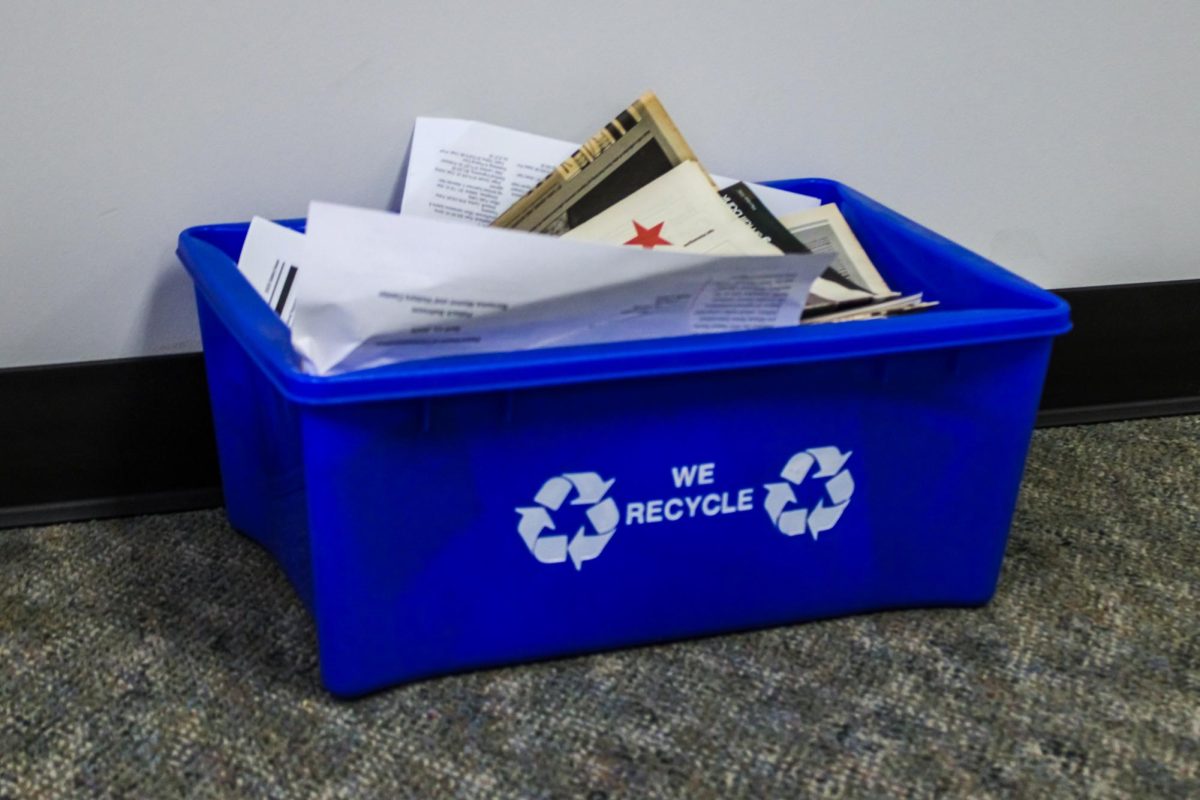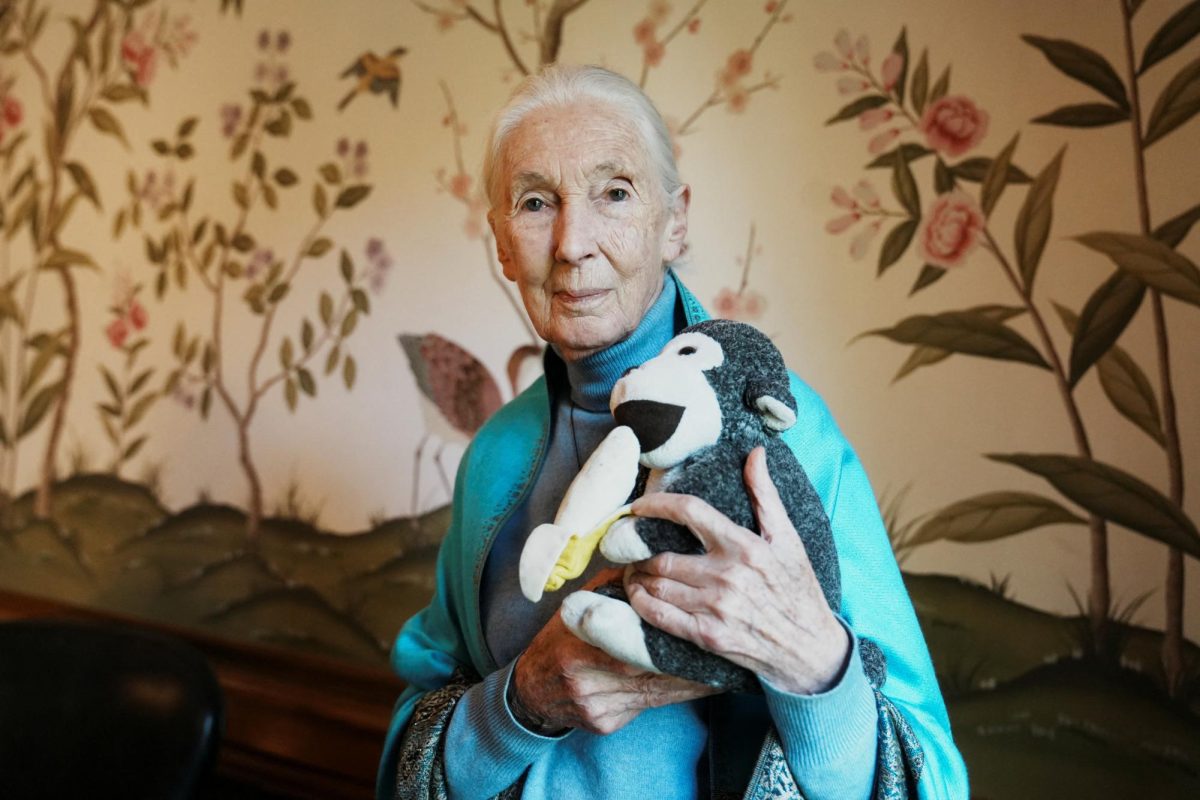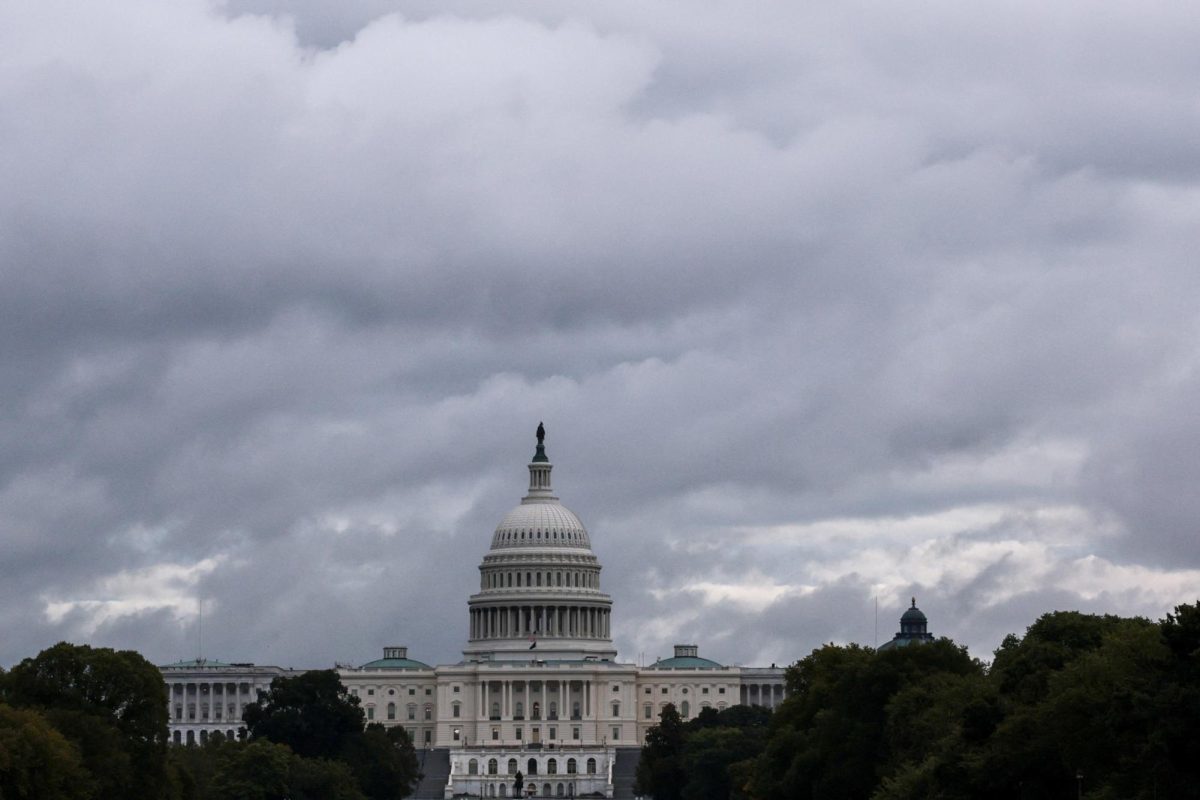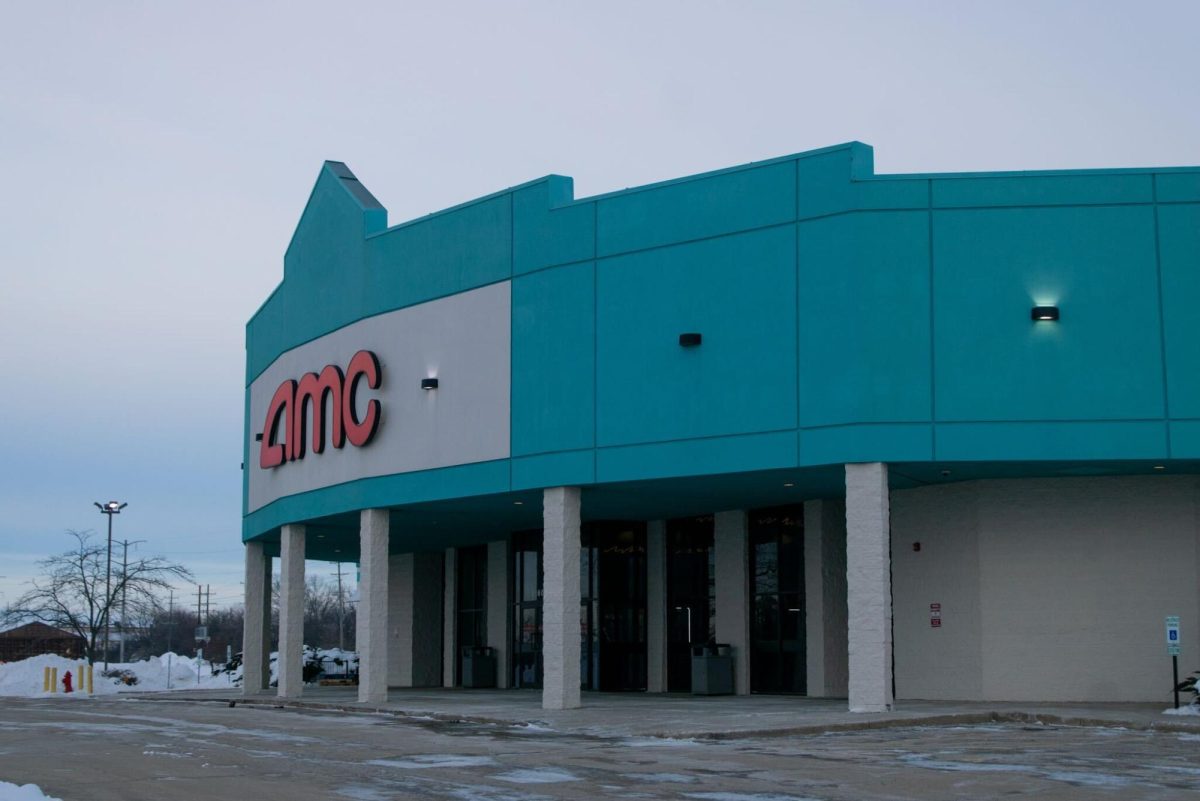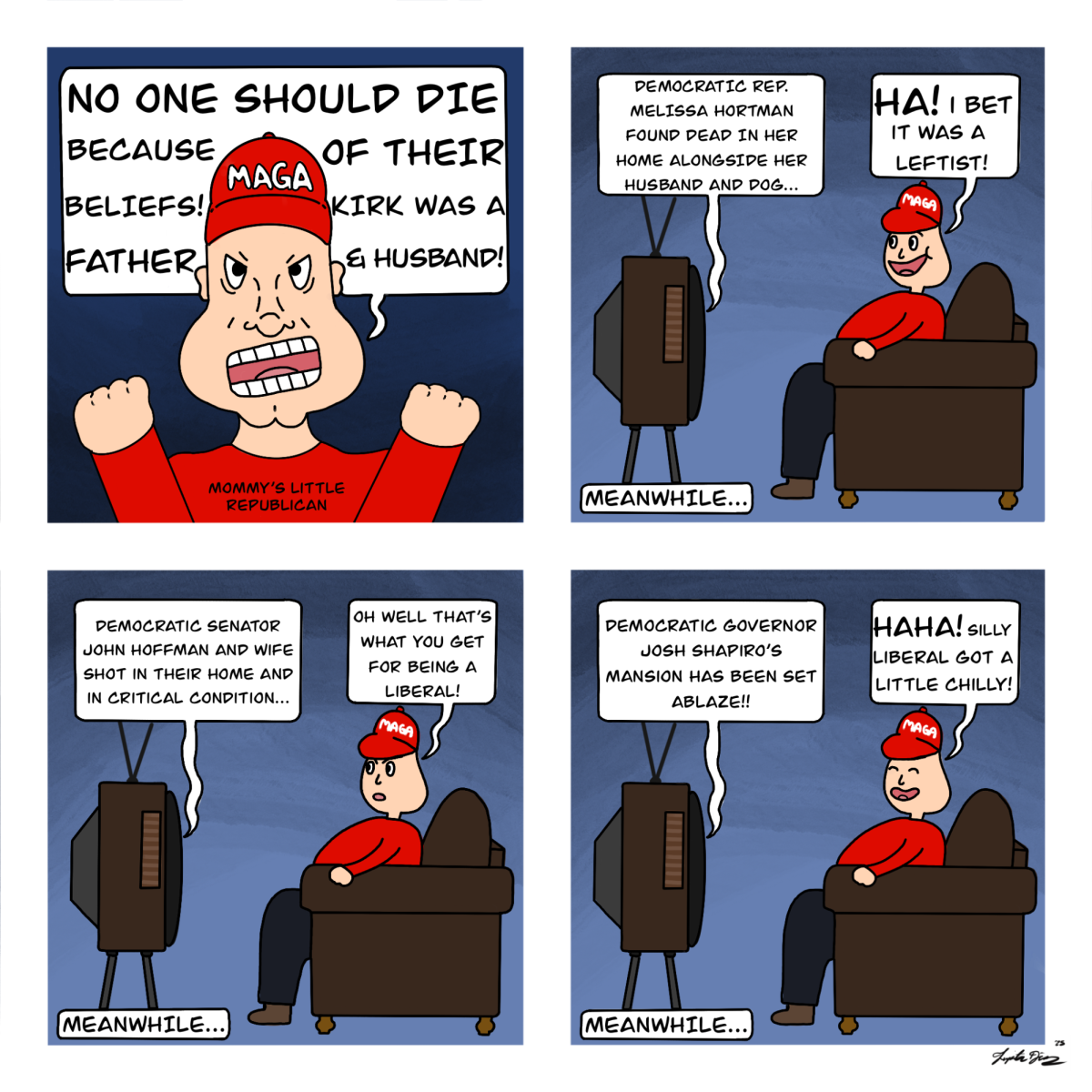Picture a newly-developed drug that lightens the mood, decreases inhibition and takes the edge off people’s stress-filled lives. As you would imagine, the drug is very popular. In social spheres, use of the drug becomes less of a question and more of a guarantee, with some even being completely reliant on its consumption. Like most drugs, this one is addictive. So addictive, that some spend outrageous amounts of money for a better taste and high, while others grow sick from dependency if their access is stripped away.
What’s more, the drug is dangerous. In the short term, its use causes a state of delirium: a fog through which your impulse control, decision-making abilities and intuition are all obscured. In the long term, its use is directly associated with the development of disastrous liver and heart diseases, not to mention a variety of cancers.
Imagine, for a moment, that this drug wasn’t alcohol. Imagine, instead, that it was some new type of pill or powder, emerging fresh onto the streets. It doesn’t take a stretch of the imagination to decide that, if this were the case, the drug would be deemed an illegal substance, and most likely become socially maligned.
But, this drug is alcohol. It is packaged in fancy bottles, labeled with intricate designs and procured with good labor. It has become one of America’s most popular beverages, served at every restaurant that wants to remain in business and consumed happily by the majority of the country’s populace.
There is no social stigma around drinking to speak of, unless you make the decision to drink too much – a line which is as poorly defined as can be, unknowable until you’ve planted your feet firmly on the other side.
As someone who has chosen to abstain from alcohol, this normalization can feel extremely alienating. Being a first-year college student, I’ve had to come to terms with the reality that much of student life on campus revolves around alcohol, and staying away from it means excluding myself from parties and other events where its presence isn’t a question, but a guarantee. This shouldn’t be the case.
I’ve experienced firsthand the devastating effects alcohol can have on a person, even when drunk in a so-called casual environment. Family members have suffered, friends have become unrecognizable and many of my most important relationships have been torn apart, all because drinking was seen as a normal thing to do.
Alcohol is so integral to American culture that taking your first sip of beer or wine is seen as a right of passage, that 21st birthdays are often abound with drinks, that bars are still one of the most popular hangout spots – we celebrate it as if it’s something to be proud of, as if it doesn’t ruin lives.
You aren’t a terrible person for drinking, but our country is worse off for its continued and uncompromising acceptance of alcohol, giving the impression to each passing generation that its consumption is simply a fact of life.
In early 2024, the Pew Research Center conducted a survey that found 62% of Americans drink alcohol while 38% abstain. This same study also found that alcohol intake has increased over the years. More troubling, 49% of college students self-reported having drank within the past month in a survey done by College Drinking Prevention.
The normalization of alcohol has sent our society down a spiral from which we might never escape. Generations to come will grow up in a world where they’re expected, pressured and driven to drink.
Abstinence from alcohol is not the easy choice, but it’s certainly the better one, not just for yourself, but the people around you as well.




